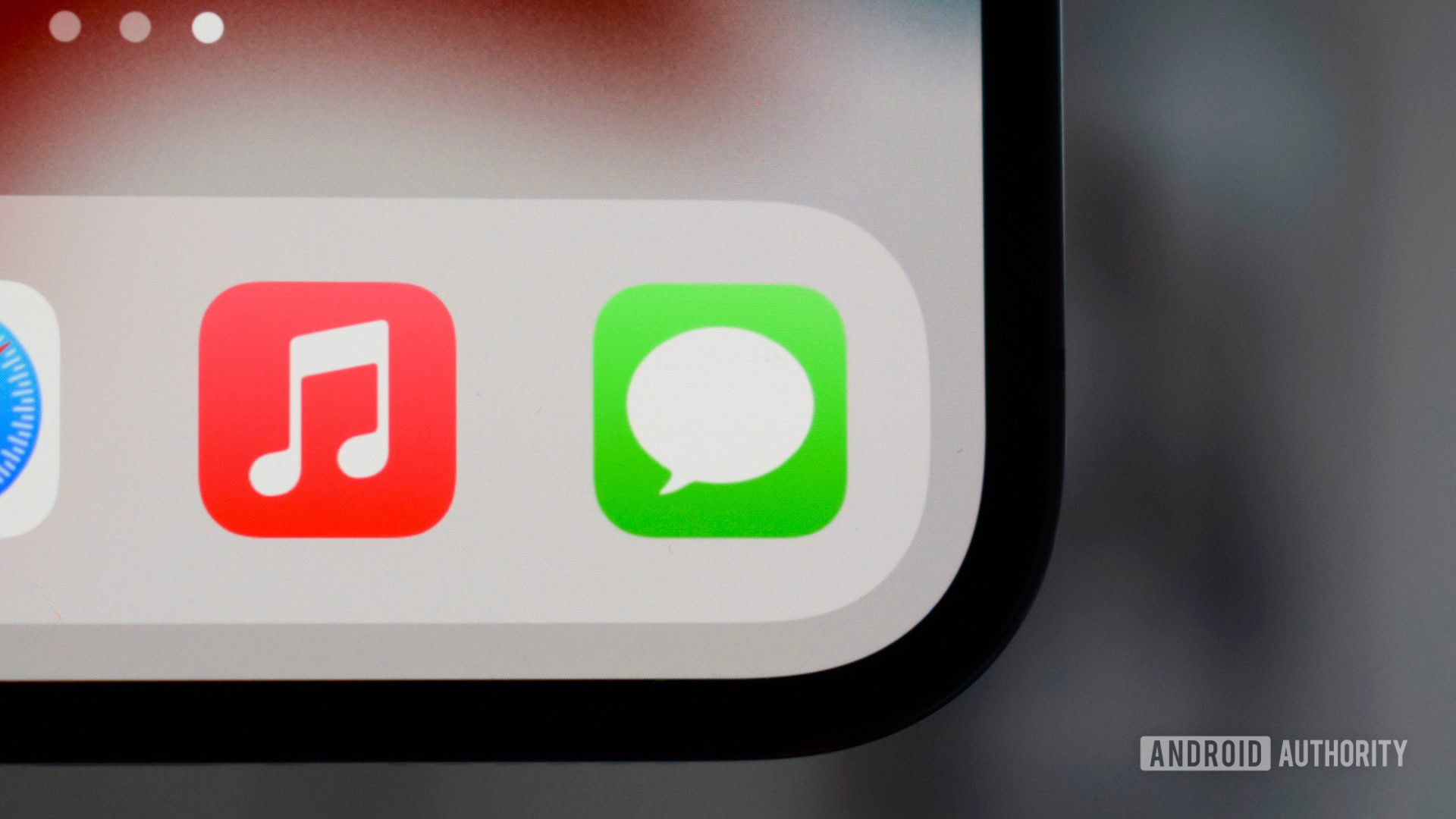Affiliate links on Android Authority may earn us a commission. Learn more.
When even Zuckerberg is making fun of iMessage, you know you have a problem

- Mark Zuckerberg is going after Apple’s iMessage.
- In an Instagram post, the Meta CEO positions WhatsApp as a more secure solution.
- WhatsApp is looking to expand its user base in the US.
Over the years, Apple has been gaining more and more criticism over iMessage and its lack of interoperability. CEO Tim Cook responded to the criticism by telling users to buy iPhones for the people they want to communicate with. Now even Mark Zuckerberg has stepped into the fray to drag Apple about iMessage.
In an Instagram post, the Meta CEO shared a photo of an ad for WhatsApp displayed on Pennsylvania Station in New York City. The ad riffs on the old green bubble vs blue bubble argument, urging people to switch to WhatsApp for its end-to-end encryption. However, it’s below the image where Zuckerberg really goes after Apple.
In his post, Zuckerberg states, “WhatsApp is far more private and secure than iMessage, with end-to-end encryption that works across both iPhones and Android, including group chats.” He also points out the variety of privacy features WhatsApp offers in addition to encrypted messages such as disappearing chats and end-to-end encrypted backups.
If you didn’t know, the green bubble vs blue bubble ordeal is uniquely American. In other parts of the world, more people rely on WhatsApp for communication. In an effort to grow its user base and be more of a competitor to iMessage here in the States, Meta is making a big push for WhatsApp through ad campaigns for TV, digital video, billboards, and more.
Despite offering a number of privacy features that iMessage doesn’t have, WhatsApp may have a tough time convincing potential users to come over to its platform using the privacy angle. Given that WhatsApp is owned by Meta — a company that’s far from being known for its privacy efforts — a lot of consumers are more likely willing to trust Apple.